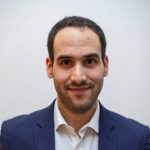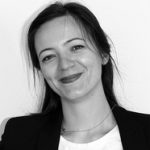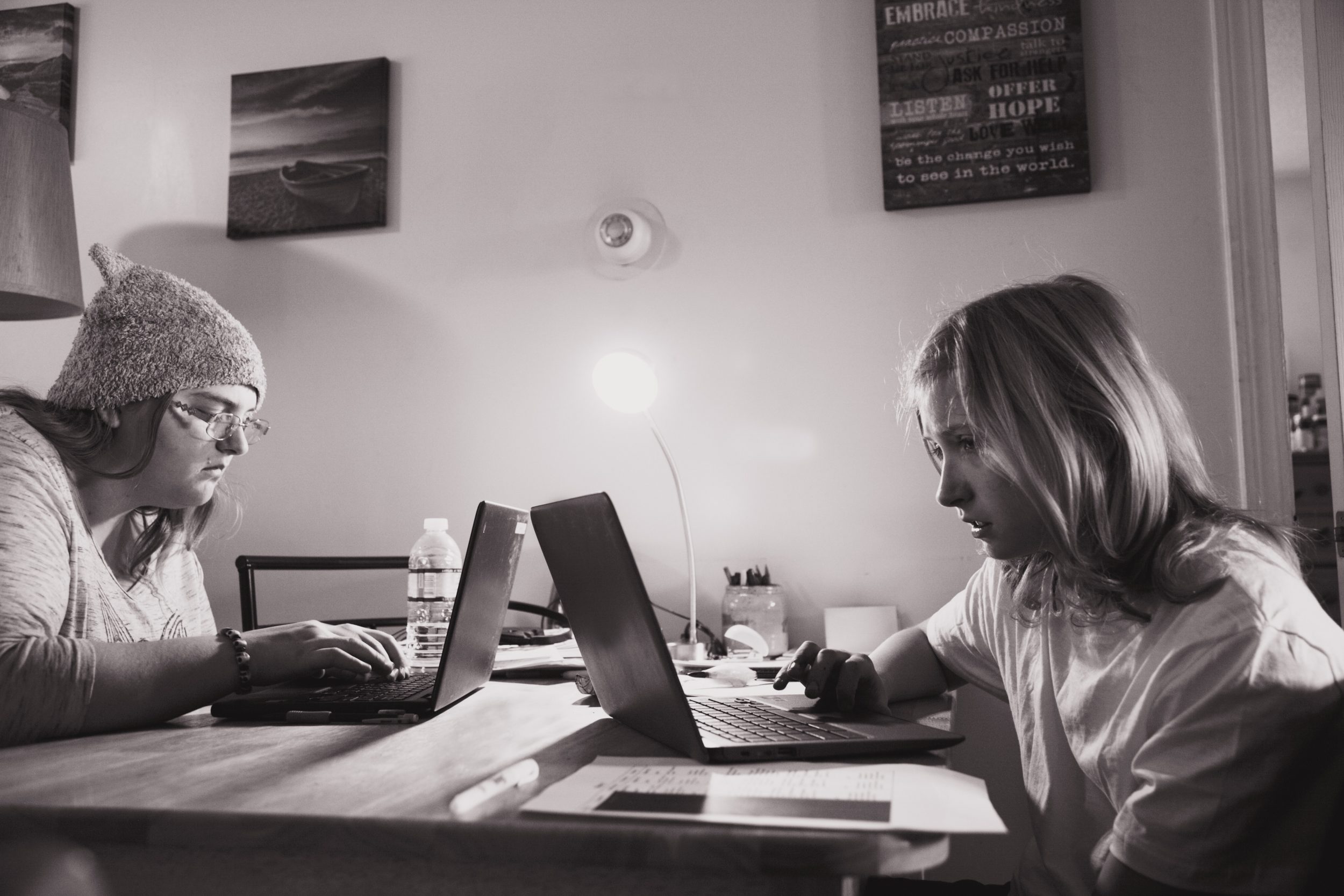
 As the world faces a pandemic on a scale not seen for generations, we are seeing an accompanying deluge of online misinformation: about the coronavirus itself and its origins, about the respiratory disease (COVID-19) that it causes, about dubious ‘cures’ and drugs to treat this illness, and about the extent of governments’ responses to it. At this time when reliable information is more crucial than ever, fact checkers Ariel Riera, Research & Impact Manager at Chequeado, and Dr Dora-Olivia Vicol, Researcher at Full Fact, explain how they work and the sort of impact they can have.
As the world faces a pandemic on a scale not seen for generations, we are seeing an accompanying deluge of online misinformation: about the coronavirus itself and its origins, about the respiratory disease (COVID-19) that it causes, about dubious ‘cures’ and drugs to treat this illness, and about the extent of governments’ responses to it. At this time when reliable information is more crucial than ever, fact checkers Ariel Riera, Research & Impact Manager at Chequeado, and Dr Dora-Olivia Vicol, Researcher at Full Fact, explain how they work and the sort of impact they can have.
A growing movement
In 2014, the first Global Fact-Checking Summit gathered around 40 international fact checkers in the lecture theaters of the LSE. The first meeting of its kind, it set out to test the possibility of a common framework, amidst a new and diverse audience spanning across non-profits and media organisations.
Now, fact checking is a movement in its own right. Today in 2020, the International Fact-checking Network (IFCN) comprises 78 active signatories, and another 12 under renewal. “Fake news” has entered common parlance, even being pronounced word of the year in 2017. During the current coronavirus pandemic, the World Health Organization has warned of a growing ‘infodemic’: “an over-abundance of information –some accurate and some not –that makes it hard for people to find trustworthy sources and reliable guidance when they need it.”
Overall, the world has come to realize the key role of quality information: worth caring for, worth sharing wisely, and above all, worth defending. This is what fact checkers set out to do.
Why does this matter?
On some level, it matters because we are all prone to believing things which are not true. To begin with, our default position is to trust, not doubt. From 1940s research into the propagation of war rumours, to recent lab experiments testing Facebook headlines, studies have found that repetition increases the extent to which a claim is believed.
Other biases also apply. Psychologists found that “fluent” stimuli such as pictures, which are easy to process, are more likely to be believed. Above all, there is motivated reasoning. We tend to believe things which conform to our worldviews, and doubt those that challenge us.
How do fact checkers work?
Fact-checkers aim to reduce the spread of misinformation. We start by tracing a claim, looking at the evidence behind it, and consulting experts to understand each topic. We contact the claimant to require clarifications and, where needed, we seek to correct the record. Our formats vary widely. Fact checkers usually publish long-form articles, or ‘fact checks’. But some initiatives also produce GIFs, videos, or even short WhatsApp audio notes, in an attempt to make their work accessible to audiences everywhere. Research shows that how we communicate is just as important as what we say, because it affects our reach, our credibility, and what the audience learns from us.
Beyond the diversity of outputs however, we share a commitment to accuracy, and there is some indication of success. Though getting claimants to correct the record can be a challenge, most fact checkers can point to examples of real impact on public debate.
Getting claimants to correct the record
In 2015, the candidate for president of Argentina, Mauricio Macri, claimed that his party had not had a single accusation of corruption during eight years running the city of Buenos Aires. Argentina-based fact checking organisation Chequeado proved that to be incorrect. Pointing to the fact that some corruption investigations had been opened against members of Macri’s party, Chequeado rated the claim as False, and presented the fact check in other media outlets to increase its reach. Days after, Gabriela Michetti, candidate for the vice-presidency for the same party, noted: “I saw Chequeado’s article, so we corrected the claim and we never repeated it again”.
In the UK, Full Fact asked the statistics regulator to help get the health department to publish figures on mental health provision, after it found that claims made by the Secretary of State for Health and Social Care were based on unpublished data. Not only did the intervention open existing data to the public, but it also prompted the collection of new data. Following the fact check, the NHS also decided to reinstate a survey on mental health crisis care provision in A&E.
Beyond examples from individual fact checking organisations, a young body of research has set out to capture the impact of fact checkers on public debate. An experiment conducted in the US, for instance, found that legislators warned against the potentially deleterious effects of being found to have made inaccurate claims, were also less likely to make them in practice. Another experiment, which examined the speeches of candidates in the US presidential election, found that statements which had been fact checked were less likely to occur than those which had not.
Fact checkers can also spearhead a culture of accuracy, by working with stakeholders in the information arena to uphold a higher standard of debate. “Second-generation fact checkers” not only publish but also act, using systemic interventions to improve the accountability framework by seeking public corrections or raising issues with the appropriate body, for example. They also carry out a range of initiatives, from working with public information providers to improve the supply of information, to delivering training sessions to journalists, or even running media literacy interventions with students.
For instance, our review of media and information literacy initiatives found that everyone can get better at spotting fact from fiction. From interventions in schools, which teach children how to determine accuracy by simulating newsroom environments, to short online games for adults, everyone has the potential to be educated. No doubt, this is a collaborative project which will require working with organisations across the education and media. But fact checkers can turn information spotting from an organisational tactic into a public good.
Where next?
Africa Check, Chequeado, and Full Fact are actively looking for research evidence, in an attempt to give fact checkers the best tools to fight misinformation. We launched a joint research program that includes briefings for practitioners available in English, French, and Spanish.
No doubt, this is a marathon, not a sprint. We have a long way to go to capture the impact of fact checkers on public debate in more depth, and to redirect the academic gaze away from Anglo-centric audiences, to those across the Global South, including Africa or Latin America.
And yet, we hope that colleagues around the world put this knowledge into practice and help to stop the spread of misinformation. The Covid-19 ‘infodemic,’ raging on as we write this piece, makes it clear that quality information matters, and the fight starts now.
This article represents the views of the authors and not the position of the Media@LSE blog, nor of the London School of Economics and Political Science.





